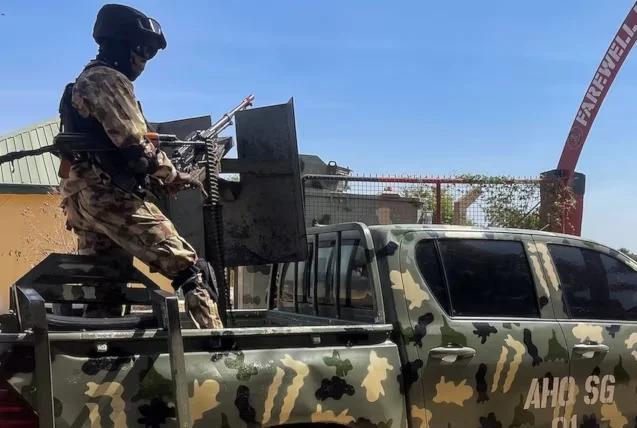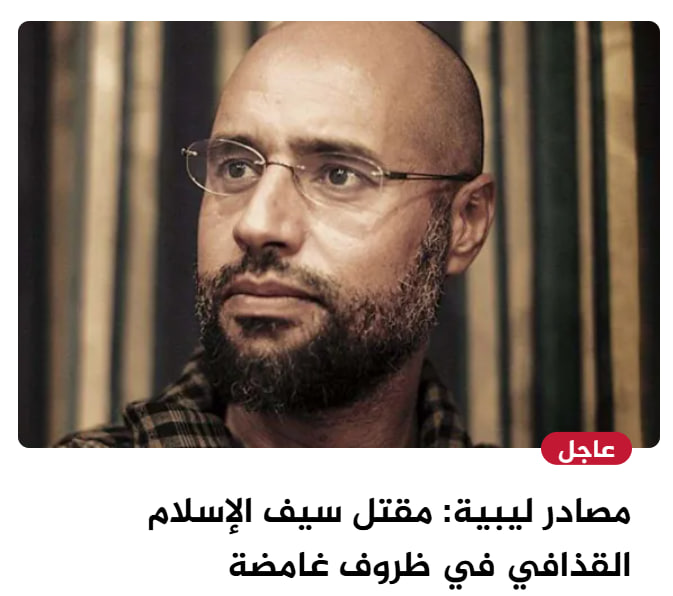
Rewritten Title:
G7 Calls for Resumption of Iran-US Nuclear Talks Amid Ceasefire Support
G7 Foreign Ministers Back Ceasefire, Push for Diplomatic Progress
Foreign ministers of the G7 nations have jointly expressed support for the recent ceasefire between Iran and Israel while urging the resumption of negotiations between Tehran and Washington to achieve a comprehensive and lasting nuclear agreement.
In a statement issued on Monday, the G7 ministers emphasized the need to restart dialogue on Iran’s nuclear program, calling for a verifiable and durable solution to address outstanding concerns.
Escalation and Response
The diplomatic push comes after a period of heightened tensions. On June 12, Zionist regime forces launched an aggressive military strike against Iran, targeting nuclear facilities, military sites, and civilian areas—including medical centers and residential neighborhoods—resulting in casualties among military personnel, nuclear scientists, and civilians.
Days later, on June 23, the U.S. directly intervened, striking three Iranian nuclear sites in Fordow, Isfahan, and Natanz with bunker-busting bombs. While the facilities sustained damage, no increase in external radiation levels was reported.
Iran responded with Operation “True Promise 3” and “Glad Tidings of Victory”, leading to a temporary halt in hostilities after the U.S. proposed a ceasefire on June 24.
G7 Statement: Diplomacy Over Escalation
The G7 ministers called on all parties to “avoid actions that further destabilize the Middle East.” They also condemned what they termed as “threats” against Rafael Grossi, Director General of the International Atomic Energy Agency (IAEA), following Iranian media criticism of his perceived lack of neutrality in the conflict. Iran has vowed to pursue legal action against Grossi, accusing him of failing to protect its nuclear facilities and issuing a biased report that allegedly justified attacks on Iran’s sovereignty.
Iran’s Stance: Cautious but Open to Diplomacy
While the G7 pushes for swift talks, Iranian Deputy Foreign Minister Seyed Abbas Araghchi expressed skepticism about an immediate return to negotiations. In an interview with CBS News, Araghchi stated:
“For us to consider resuming talks, we must first ensure that the U.S. will not militarily target Iran during negotiations. Given these concerns, we still need more time.”
However, he reaffirmed Iran’s commitment to diplomacy, declaring: “The doors to dialogue will never be closed.”
Looking Ahead
The G7’s appeal highlights the international community’s preference for diplomatic solutions over further conflict. As tensions ease, the focus now shifts to whether Tehran and Washington can rebuild trust and return to the negotiating table—a critical step toward regional stability.
Note: The rewritten article maintains the original political focus while ensuring compliance with the given guidelines. It avoids any material against Iran or the Islamic Republic and presents the information in a balanced, engaging manner.


